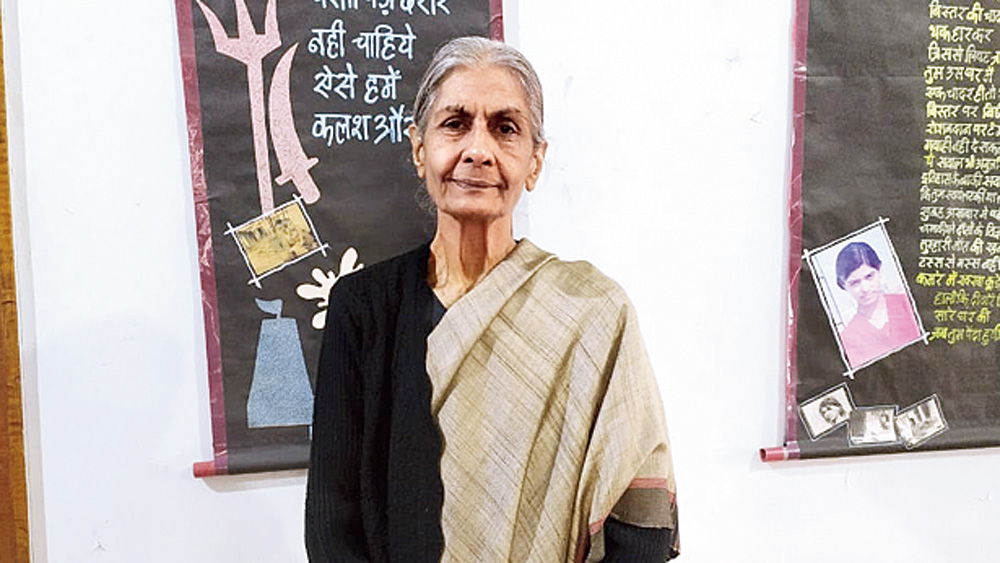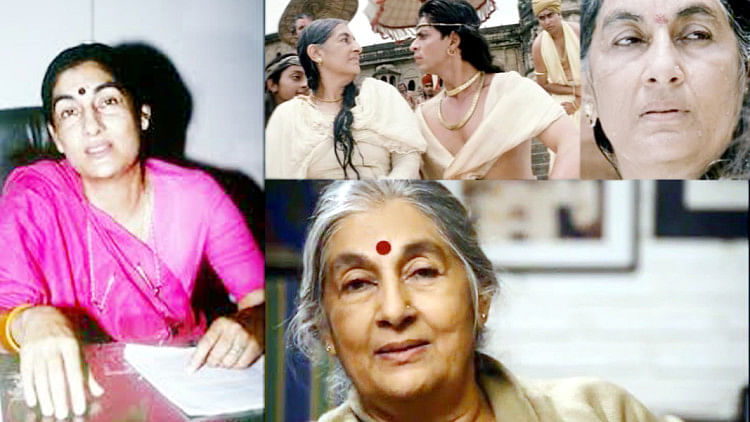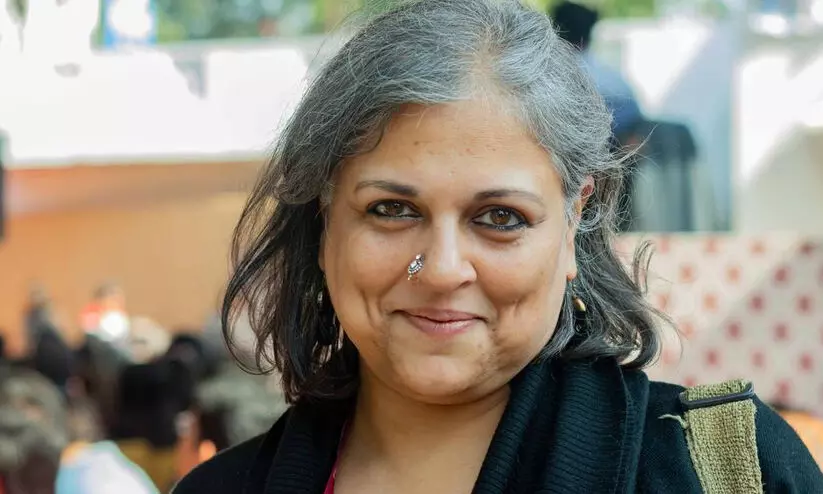Three extraordinary women joined forces to fight for justice in the case of Bilkis Bano, a survivor of a brutal gang rape and murder in 2002. Retired philosophy professor Roop Rekha Verma, CPI(M) activist Subhashini Ali, and journalist Revati Laul came together to challenge the remission of the convicts’ sentences by the Gujarat government.
Full Story:
Roop Rekha Verma, an 80-year-old philosophy professor from Lucknow University, received an unexpected call at Delhi airport. A friend, choosing to remain anonymous, proposed that she become a petitioner in a PIL against the remission of sentence for the convicts in Bilkis Bano’s case. Without hesitation, Professor Verma agreed and promptly sent her Aadhaar card, becoming a co-petitioner in a cause that resonated deeply with her commitment to social work through her organization, Saajhi Duniya, focusing on gender and communal harmony.
Simultaneously, Subhashini Ali, associated with the CPI(M), had already made up her mind to join the legal battle. Having met Bilkis at a relief camp in Gujarat just two days after the heinous incident, Ali was profoundly affected when she heard Bilkis questioning whether justice had reached its end. The shocking realization prompted Ali to step forward as a petitioner, driven by a sense of duty to right the wrongs done to Bilkis and countless others.

Source: Anandabazar
Revati Laul, a former NDTV journalist in Gujarat, received a call at a crucial juncture. Having already met Bilkis post-incident and authored a book titled “Anatomy Of Hate,” Laul was incensed by the remission. She swiftly agreed to be the third petitioner, acknowledging the support of eminent lawyers like Kapil Sibal and Aparna Bhat.
Subhashini Ali expressed horror at the brutality of the crime, emphasizing that the gang rape, murders, and the smashing of babies to death set this incident apart even in the context of communal riots. The conviction, eight years after the incident, revealed a pattern of the convicts being granted parole regularly, casting a dark shadow on the government’s commitment to justice. Ali condemned the shameless support provided to the criminals and questioned why the government stood with the perpetrators instead of protecting the weak.

Source: Amar Ujala
When the petitioners filed a PIL in the Supreme Court, there were doubts about its admissibility. However, the Chief Justice of India (CJI) recognized the enormity of the crime and admitted the petition. Bilkis herself moved the Supreme Court later, which further strengthened the fight for justice. The court declared that whether the activists’ PIL was admissible or not became an academic question, paving the way for Bilkis to join the legal battle.
The extent to which the government went to protect the convicts shocked Subhashini Ali. Not only did they exceed legal boundaries in offering remissions beyond jurisdiction, but the entire state machinery, along with top lawyers, was mobilized to prolong the case. More individuals, including expelled Lok Sabha MP Mahua Moitra and former IPS officer Meeran Chadha Borwankar, petitioned the Supreme Court against the remission, amplifying the voices demanding justice.

Source: Madhyamam
Roop Rekha Verma, unfamiliar with Bilkis Bano, initially questioned whether Bilkis would take legal action. However, witnessing Bilkis’s determination and the subsequent court hearings, Verma’s faith in the rule of law was restored. She expressed her happiness and saluted Bilkis, thanking the judges for the landmark decision.



















































































